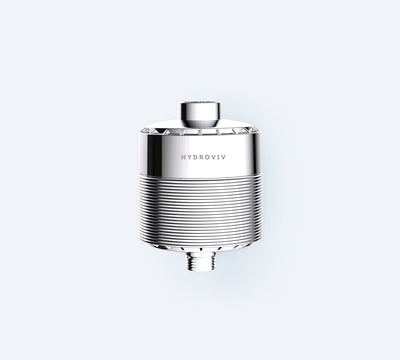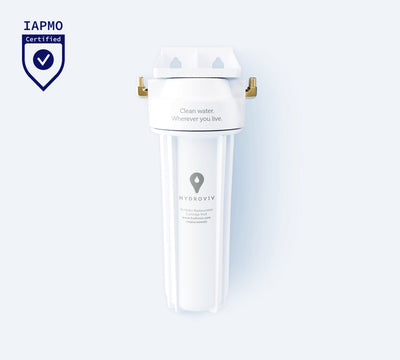Problems We Found In Detroit Tap Water
RSS
Kezia Snipe | Hydroviv Research Analyst
**Updated May 30, 2021 to include current data
For Hydroviv’s assessment of Detroit's water quality, we aggregated water quality test data from the Detroit Water and Sewerage Department, the U.S. Environmental Protection Agency (EPA), as well as from samples that we collect and analyze. We cross reference these data with toxicity studies in scientific and medical literature, and look at upcoming regulatory changes. The water filters that we offer at Hydroviv are optimized with these numbers and Detroit's water problems in mind.
Source Of Detroit Drinking Water
The city of Detroit gets its water from the Detroit River, situated within the Lake St. Clair, Clinton River, Detroit River, Rouge River, Ecorse River watersheds, in the U.S. and parts of the Thames River, Little River, Turkey Creek and Sydenham watersheds in Canada.
Lead In Detroit Drinking Water
Lead enters tap water through older lead service pipes and lead-containing plumbing. When corrosion control measures put in place by the municipality fail (like what recently happened in Flint, Michigan), lead leaches into the drinking water, and can reach dangerous levels. Currently, 10% of samples analyzed for lead in Detroit are 9 parts per billion. Although Detroit is in compliance with federal regulations, the EPA, CDC and American Academy of Pediatrics all acknowledged that there is no safe level of lead for children, and federal regulations do not take into account levels measured at an individual tap.
Chromium 6 In Detroit Drinking Water
Chromium 6 is an extremely toxic metal that is not currently regulated by the EPA. In recent years, Detroit tap water averaged 110 parts per trillion for Chromium 6. For the sake of perspective, these levels are over 5 times higher than the concentration determined to have negligible impact on cancer risk.
Disinfection Byproducts (DBPs) In Detroit Drinking Water
DBPs are a category of emerging contaminants that form when chlorine-based disinfectants react with naturally-occurring organic matter. Although these chemicals are not currently regulated very well, the EPA has admitted that they are associated with an increased risk of bladder cancer, as well as kidney, liver, and central nervous system problems.
Still Have Questions About Detroit Drinking Water?
Hydroviv is a water filtration company that uses water quality data to optimize water filters for each customer's water. The contaminants that we list above are what we consider to be major “points of emphasis” that we use to build water filters that are built specifically for Detroit, but all of our our filters provide broad protection against a wide range of contaminants (including lead).
Please Share This Detroit Water Quality Article On Social Media With Anyone You Think Would Benefit From The Information!
Recommended Articles For You
How Do I Remove Chromium 6 Contamination From My Drinking Water?
Disinfection Byproducts In Your Drinking Water




